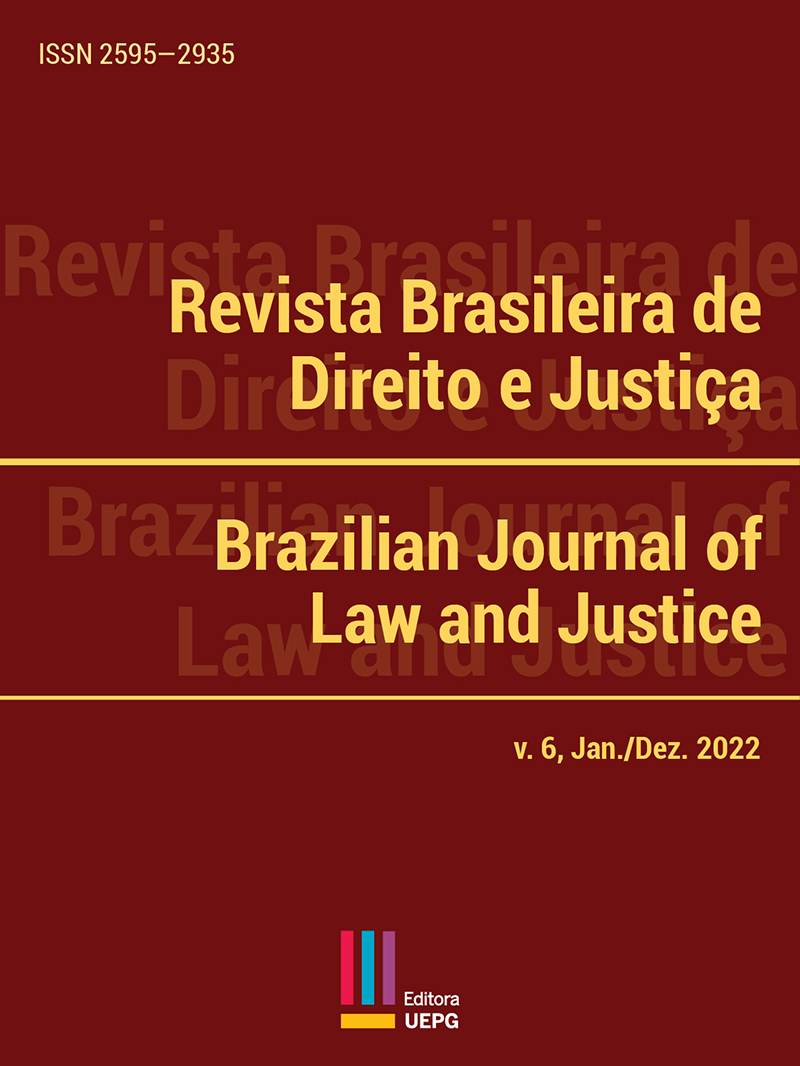PROCESSO ESTRUTURAL PARA O PROCESSO CIVIL DE INTERESSE PÚBLICO
Resumo
As experiências de aplicação de técnicas processuais flexíveis promoveram transformações na gestão processual. As práticas intuitivas estudadas cedem espaço para a teorização de preceitos fundamentais inovadores, apresentam formas criativas e estratégicas e revelam tendências do processo: diálogo interinstitucional, construção de soluções compartilhadas e negociadas e a intensa cooperação. O judiciário venceu resistências, principalmente teóricas da clássica separação de poderes e reconheceu as técnicas processuais estruturais, mas carece de legislação específica. Estas ideias integram o conjunto de postulados essenciais para aquilo que ousamos designar de processo civil de interesse público, voltado essencialmente para afastar estados de desconformidade dos valores fundamentais, por meio da ampla participação na construção de soluções criativas e cooperativas, sobretudo com efetivos resultados.
PALAVRAS-CHAVE: processo, estrutural, interesse, público, políticas.
Downloads
Downloads
Publicado
Edição
Seção
Licença
Autores que publicam nesta revista concordam com os seguintes termos:
1. Os autores mantêm os direitos autorais e concedem à revista o direito de primeira publicação, com o trabalho simultaneamente licenciado sob a Creative Commons Attribution License que permite o compartilhamento do trabalho com reconhecimento da sua autoria e publicação inicial nesta revista.
2. Esta revista proporciona acesso público a todo o seu conteúdo, uma vez que isso permite uma maior visibilidade e alcance dos artigos e resenhas publicados. Para maiores informações sobre esta abordagem, visite Public Knowledge Project, projeto que desenvolveu este sistema para melhorar a qualidade acadêmica e pública da pesquisa, distribuindo o OJS assim como outros softwares de apoio ao sistema de publicação de acesso público a fontes acadêmicas. Os nomes e endereços de e-mail neste site serão usados exclusivamente para os propósitos da revista, não estando disponíveis para outros fins.

Este obra está licenciado com uma Licença Creative Commons Atribuição 4.0 Internacional.


